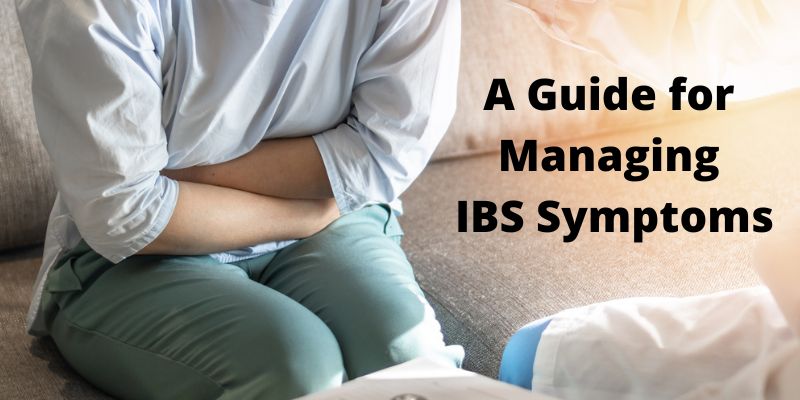IBS, otherwise known as irritable bowel syndrome, is a chronic condition that affects the stomach and digestive system. An IBS flare up is often painful and associated with varying symptoms like bloating and abdominal cramping. The nature of IBS means it comes and goes sporadically, influenced by dietary choices and management. Therefore, if you suffer from this affliction, there are positive methods to implement in terms of coping and staying on top of symptoms. This guide explores ways to manage IBS symptoms.
Dietary Management
Controlling what you eat and when you eat is a skill you will pick up quickly when you discover IBS is the cause of your pain and discomfort. There are certain foods to avoid, and to feel better, or to stabilize symptoms, having a strict routine with meals really helps. These rules are different for everyone, and certain foods that trigger you may not affect the next person with IBS – the trick is finding what does and does not have an impact and acting responsively.
Timing
When it comes to meal timing, there are a couple of top tips that can be applied universally:
- Eat meals in a routine. Try to aim for the same times every day with similar sized portions to keep consistency. That way, your body knows what to expect and when to expect it.
- Avoid eating late into the evening and at night especially. This is when the digestive system is naturally slower in how it functions.
Common Food Triggers
Everyone is affected in different ways, but these are the most common triggers below.
Gluten
A gluten-free diet plan is one that eliminates gluten entirely with no room for compromise. Gluten is often a trigger for those with IBS and is found in common food like bread, pizza, and other wheat-based products.
Caffeine
As a diuretic, caffeine should be avoided wherever possible. Try replacing it with a specific tea for ibs instead.
Spicy Foods
The main trigger is called capsaicin, and it is well-known for causing negative bowel symptoms.
Find Some Expert Advice
Handling conditions such as this independently does not always yield the most positive, or beneficial results. So, sometimes taking the issue to an expert is the best course of action. A nutritionist is someone who specializes in food, and food-related conditions, such as this IBS Flare Up specialist. Services like this one are better able to provide a tailored diet plan for IBS like a gluten-free meal plan, support with symptom monitoring, and find a path forward with the condition care side of things.
Exercise
Exercise is a natural way of encouraging a healthier bowel function. A body that is physically looked after is more capable of performing as it should internally. A regime with a body recomposition focus builds on muscle strength while eliminating excessive weight that may be holding you back and exacerbating symptoms.
IBS is an undeniable affliction, but thankfully there are useful tools to alleviate the worst symptoms and over time, learn to avoid flare ups.
Read here
